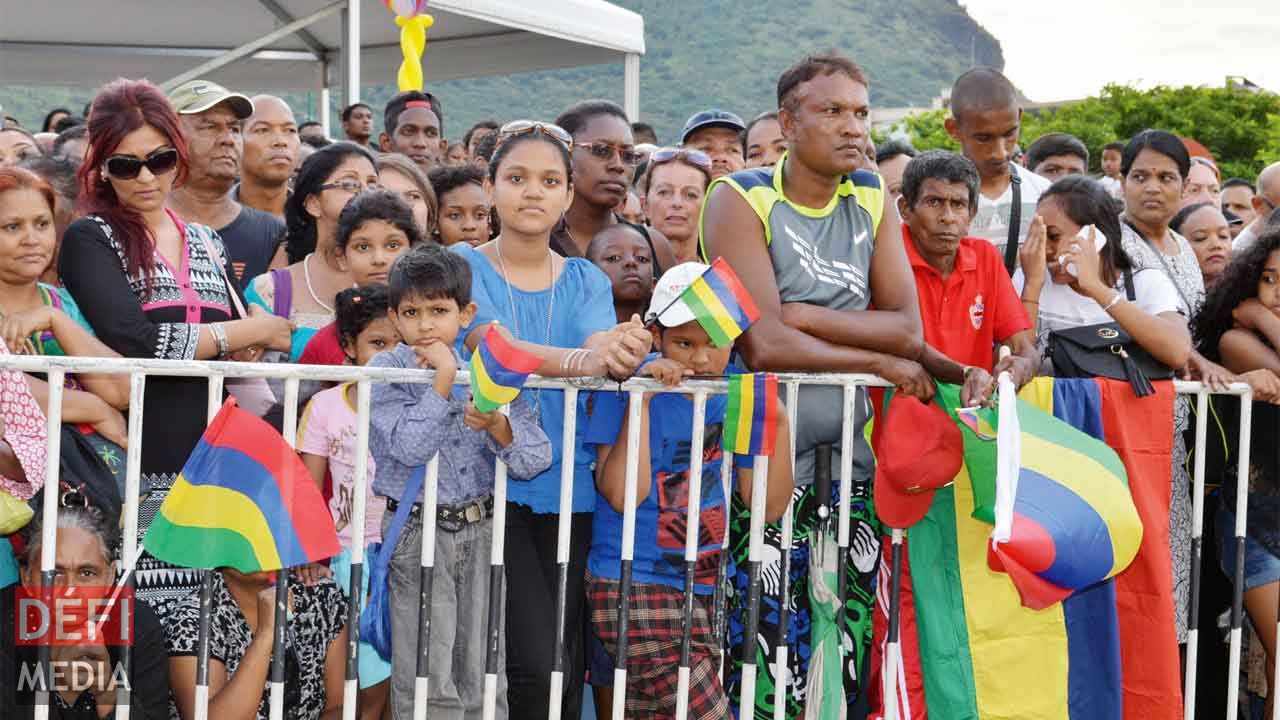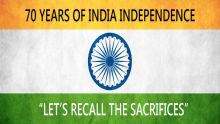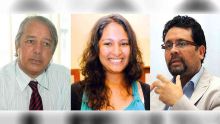
Looking back at the years following our independence in 1968, Mauritius and its people have no doubt made tremendous progress on various levels. However, after 49 years, we are still talking about achieving the ‘Mauritianism’ concept and model. Is the building of a unified Mauritian nation realistic or is it only an illusion? News on Sunday finds out.
Publicité
Like each year, Independence Day celebration brings us to question who are we really as a nation and what are we aiming at? The concept ‘one people, one nation’ has always been our main ideology and the people have always took pride in calling themselves ‘Mauritians’ before categorising themselves according to their communities.
Indeed, the rainbow nation has been, for 49 years, striving to build a nation based on nationalism rather than communalism. However, in 2017, have we really achieved the goal of being one Mauritian nation standing hand in hand or are we still clinging to communal differences and beliefs?
According to sociologist Ibrahim Khoodruth, ‘Mauritianism’ is a myth. Why? “People around the world claim that the war against religions is over. We cannot deny that this still exist and we cannot also ignore the fact that the world has become a global village. This means that the war against religions has direct repercussions on Mauritius as we are influenced and find it hard not to categorise ourselves as Christians, Muslims, Hindus, etc. As long as war on religions exist and persevere, the ‘Mauritianism’ concept will experience its repercussion.”
Why does ‘Mauritianism’ seem hard to achieve? Ibrahim Khoodruth explains that our political system in Mauritius manipulates religions. “A concrete example of this is the division of our constituencies. It is not a secret that the Hindu community is in majority in almost all rural constituencies and other communities such as Christian, Catholic, Muslim and others are in the urban constituencies. Politicians play on these during election times. If we keep such a system in place, we will still remain in the hands of politics and politicians and the ‘Mauritianism’ will remain a hollow word and ideology.”
The sociologist also argues that the obstacles to ‘Mauritianism’ are the reasons why Mauritians are not fighting for it. “Are people really working towards achieving the common notion of Mauritianism or is each one of us attached to our personal religious beliefs? If we are not promoting ‘Mauritianism’ in our society and community how would we achieve it?” Ibrahim Khoodruth adds that our present political system and will is also not giving way to ‘Mauritianism’.
Will our nation one day achieve in putting ‘Mauritianism’ first before ‘communalism’? “It is not impossible. Definitely, our political system and the activities of our political parties go against the concept. But we can achieve it by starting to mobilise and sensitise the people. Citizen movements and social movements that are not guided by politics can certainly give way to the ideology.”
The sociologist adds that it is when people are hungry or are facing issues like poverty that the Mauritianism spirit rises. “Mauritian people, irrespective of their communities, do not hesitate to help each other during hard times. In the face of adversity, we all stand united. Mauritianism thus does not rise through politicians or intellectuals who have an agenda but by the mass,” explains Ibrahim Khoodruth.
 Tania Diolle, Lecturer in Political Science at the University of Mauritius
Tania Diolle, Lecturer in Political Science at the University of Mauritius
What are the obstacles to 'Mauritianism’?
I believe we cannot deny that a certain notion of Mauritianism exists in Mauritius. We came a long way and nowadays there is more tolerance and better understanding among the different components of our society. However, a few institutionalised communal groups/people are fighting against the tide to prevent a true nation building as it would go against their interest and would jeopardies their position, which is solely based on communal divisions. These groups with the complicity of politicians work consciously to blur all the landmarks we achieved as a nation. One example is the institutionalisation of our maternal languages, Creole and Bhojpuri.
Would you say that it is a myth?
It is not a myth. It is a reality. Mauritianism exists and is evolving and growing. I think that the only problem is that we don’t talk about it as a nation and there are so much efforts to slow down the process. Therefore, it is taking more time than it should. However, no one can stop its evolution. Mauritius has such a small population, we have more mobility and we are more and more exposed to each other. It is inevitable.
Do you trust that we could achieve it one day?
I think that we are achieving it. However, equal opportunities and sanctioning discrimination have to become a serious policy for it to be accelerated and strengthened. We should not be scared to discuss it despite opposition from those who feel threatened by it. This country belongs to all of us and not only to the powerful.

Notre service WhatsApp. Vous êtes témoins d`un événement d`actualité ou d`une scène insolite? Envoyez-nous vos photos ou vidéos sur le 5 259 82 00 !























![[En images] Marche pacifique du Kolektif 420 pour réclamer la légalisation du cannabis](https://defimedia.info/sites/default/files/styles/square_thumbnail/public/img-20250426-wa0157.jpg?itok=w-XM8k0C)
![[En images] Les funérailles du pape François commencent au Vatican](https://defimedia.info/sites/default/files/styles/square_thumbnail/public/img-20250426-wa0090.jpg?itok=bc4icnyX)
![[En Images] Les funérailles du pape François au Vatican](https://defimedia.info/sites/default/files/styles/square_thumbnail/public/img-20250426-wa0084.jpg?itok=tEIBkZqY)
